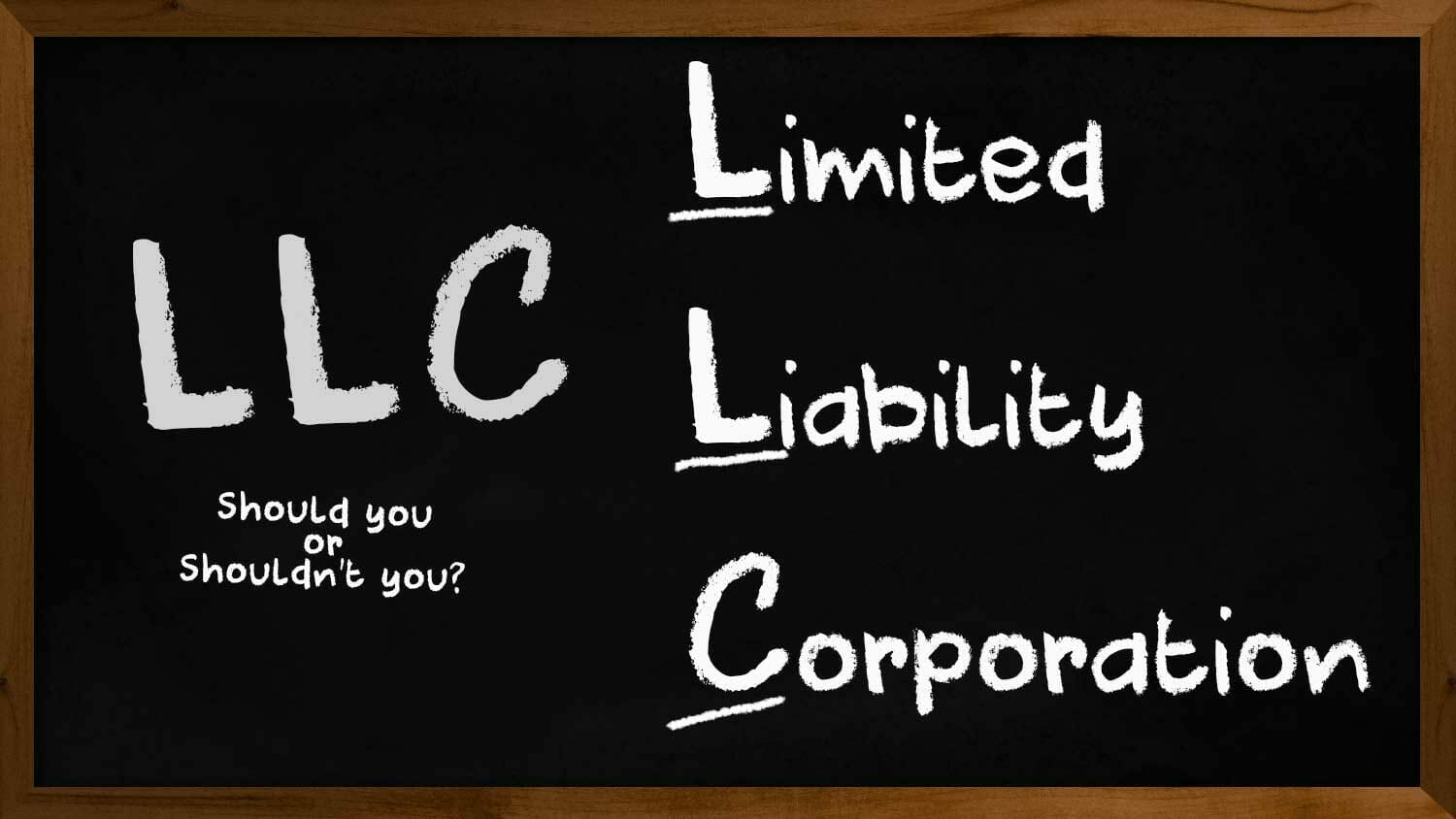Whether you’re just starting out or have been trading for a while, one of the main considerations is whether you should be a sole trader or a limited company.
Choosing the incorrect structure might result in a substantially higher tax burden.
But don’t worry, we’ll lay down the pros and disadvantages of each to help you choose.

Pros of being self-employed
- As a single trader, you pay tax and national insurance via self-assessment.
- Sole traders have little accounting and tax compliance labor. You just need to submit an annual tax return to HMRC. (You must also pay taxes!)
Self-employed cons
- First, your company and you as a person have no legal distinction. You’re personally liable if anything goes wrong.
- And taxes. Having to make account payments in January and July might make cash flow difficult to estimate, and if you’re producing a substantial profit as a sole trader, you may incur a hefty tax burden that may be lowered by operating via a limited company.
Ltd. pros
- Limited business owners may pay themselves in any manner they wish, which allows them to be more tax-efficient – a big benefit of functioning as a limited company when done right.
- Many limited company owners get dividends and salaries. Dividends have a lower tax threshold than salaries, thus they’re tax-efficient.
- A limited firm pays both corporate tax and the owner/personal director’s tax.
- Next, you’re not personally accountable for losses or debt. You’re not responsible for your business’s losses or debt.
- Your limited corporation is different from you as director. This implies you don’t require personal liability insurance. In any legal disagreement, having your firm sued is the worst consequence. You’ll need the right insurances to run a small corporation.
Ltd. cons
- Limited companies need more financial admin and compliance. As a director, you must also file statutory accounts, a company tax return, and an annual confirmation statement.
- Limited companies are more public than single traders, therefore you may have less privacy. Your company’s finances are public on Companies House. When you start a UK companies registry as limited companies, you agree to report this information to Companies House each year. Your registered office, which is often your home address, is also included. If you want complete secrecy, utilize a virtual office instead of your home address.
- When you’re a sole trader, you may withdraw money from your firm whenever you choose through draws (profit or not). With a limited company, it’s more difficult. Tax efficiency requires balancing wages and dividends.
When should a business convert to a Limited Company?
The moment must be correct for you to form a limited corporation. Here are our top limitations:
- If you’ve been self-employed for a long and make substantial earnings, a limited company might save you money.
- Becoming a limited company is crucial if you work in a liable business.
- A limited corporation provides enterprises with high-growth objectives and additional funding possibilities.
- If you have intellectual property that might be sold, start a limited corporation.
- A limited corporation makes departing your firm simpler.
When should I be the sole proprietor?
- If your income is low, you should be a sole trader.
- Stay a single trader if you make a loss and wish to take money out of your firm.
- Staying as a sole trader may enable you to write off part of your losses against your PAYE income for a tax refund, although you can’t do so with a limited company.
What about you?
If you need some help organizing your ideas on this topic, the Law firm Fintech Consulting is always happy to help. Get in touch, and we’ll put you in the proper way, or just drop us an e-mail.







